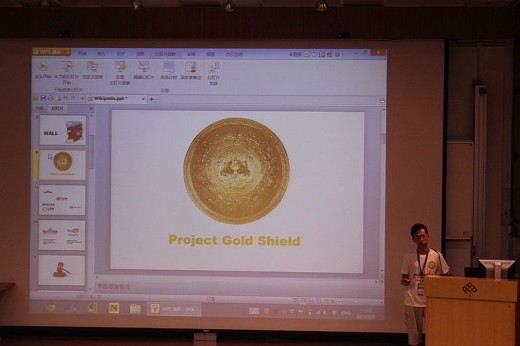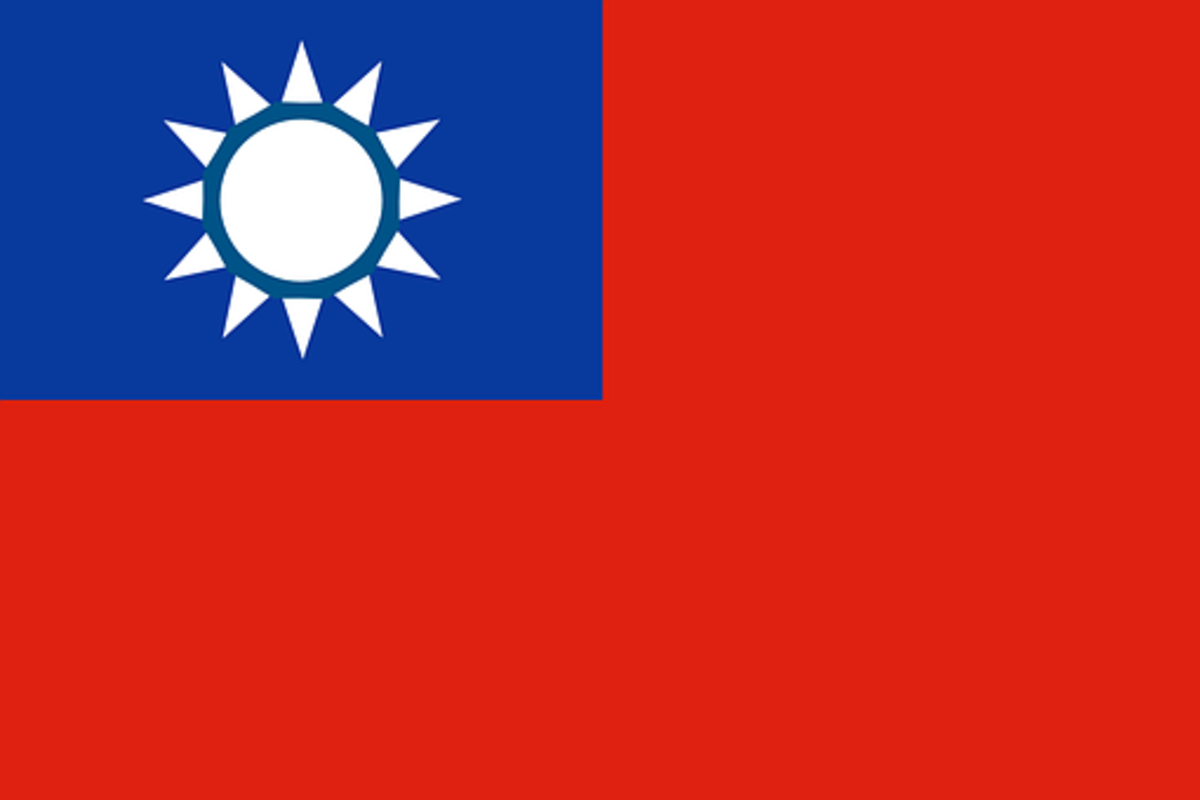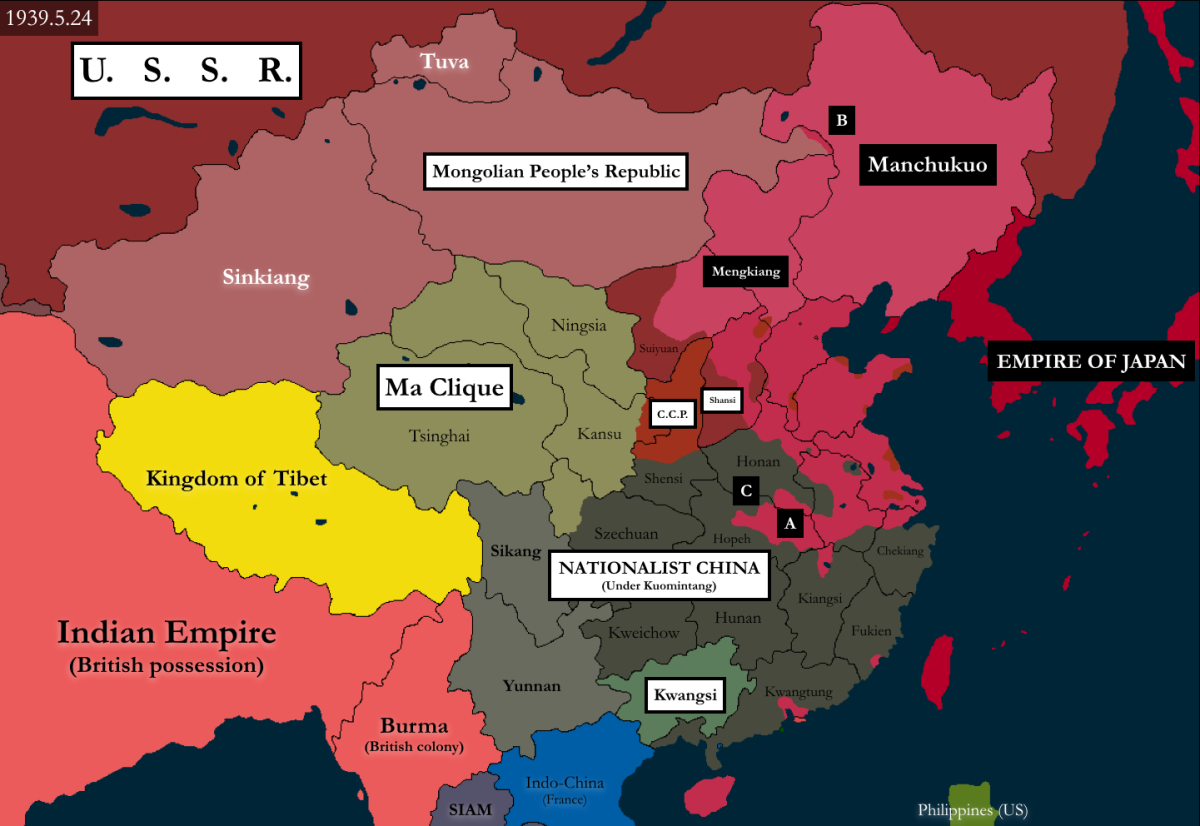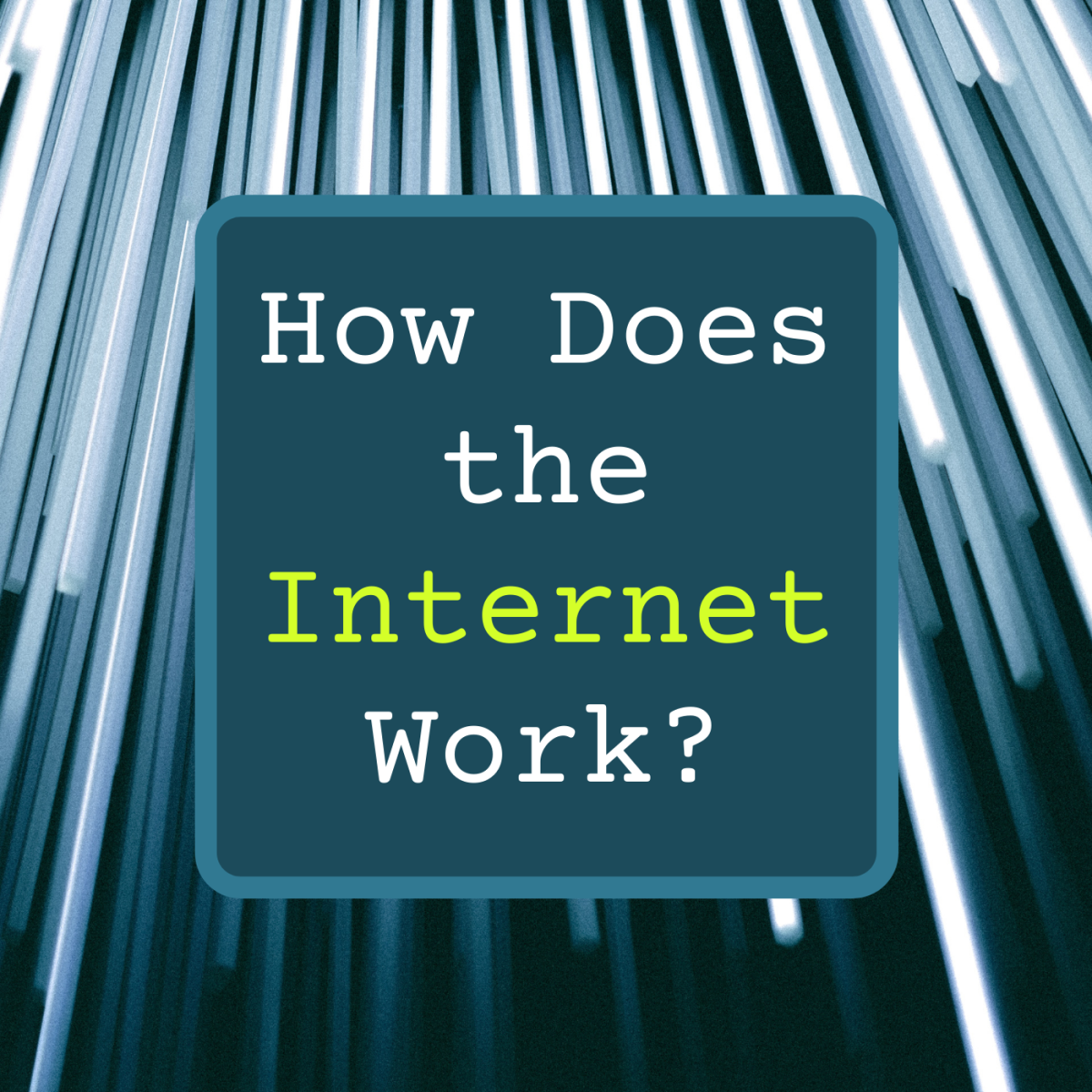Power of the Internet in China - Part Two

When it comes to monitoring and controlling the internet in China, several problems come to mind. The government officials in China choose to monitor numerous websites to Chinese citizens such as online blogging communities, news websites, and websites that touch controversial topics. Some topics for websites banned in China are Tibet, Taiwan Independence, Making bombs or counterfeit money, cheating on exams and fake diploma courses, gambling, sex, and military websites as well as one-party system government websites.[1] The problem with these restrictions is that many citizens may find out the information in other ways. If a Chinese group comes in contact, through some unconventional method, with information regarding any of these topics, it will spark an instant curiosity. The curiosity can lead to creating an activist group which will attack the government to find out why this information is blocked from them. A lot of Chinese history websites are not accessible to citizens; which brings up the question- what is really so bad about the information? No country or citizen in the world is perfect. Everyone must accept that they contain flaws and must work past flaws in order to create a well-rounded and more diverse community.
One of the most popular search engines in the world, Google, has lifted many restrictions on internet use which was not widely accepted in China. In 2010, Google lifted restrictions on the search results for users in China, which resulted in some serious retaliation from Chinese officials. China halted a development on cellular phones which were geared to have Google as the featured search engine and Android phones stopped completely.Chinese officials see this as lost opportunity for Google. They view this as an extreme monetary loss for Google as the economy in China continues to grow while the opportunity for Google to take part in the growth dwindles down to nothing.[2] Google is a company owned and operated within the United States. As being such, they view the freedom of information, speech and press very highly and began to look down upon the restriction of free information for users. They were determined to offer the most free, unrestricted information to users in China. A week after the restrictions were lifted on Google, Google was banned in all of Mainland China. If you attempted to log onto the Google website, you were automatically re-routed to a DNS error page. After three months, Google placed a link on Google Hong Kong in order to avoid their ICP licensed from being revoked.[3]
China has one of the most extensive internet censorship systems in the entire world. They have a police unity with over 30,000 members which monitor all online activity. There are over 700 websites that have been shut down and over 10,000 websites that are actively blocked throughout China. What is the big deal with all of the information hiding from citizens? Websites are blocked in China as a result of containing information that government officials do not want citizens to have. They try to restrict access to websites for activists, governmental policies and movements as well as disasters within the country. For some reason this information is viewed as extremely dangerous to the government and, in my opinion, it is probably feared that individuals within China will uncover this information and try to use it against a government agency.
Although most citizens in China do not view the restrictions on internet access as a big deal, I cannot help but wonder if they do not view this as a big deal because they simply do not know how big of a deal it is. They have no way of uncovering exactly how much information they are being restricted from accessing and thus it may not seem like that big of an idea. I do strongly believe that, in time, Chinese citizens will have the ability to uncover these websites through other means. They will continue to access information through books, magazines, and purely by accident and then, in turn, they will continually share the information to others until in becomes beyond the control of Chinese citizens. Change is never a bad thing, and, when it comes to internet, more access can lead to improvement, development, and growth.
RESOURCES
Brief History of the Internet in China (2007) Asian Digital Cultures. Retrieved May 2, 2011 from
http://www.asiandigitalcultures.com/wiki/index.php?title=BRIEF_HISTORY_OF_THE_INTERNET_IN_CHINA
China Tightens Internet Controls (2011) China Report Online. Retrieved May 5, 2011 from
http://chinareportonline.com/2011/05/04/china-tightens-internet-controls/
Google China (2011) Wikipedia. Retrieved May 3, 2011 from http://en.wikipedia.org/wiki/Google_China
Google Faces Retaliation from China (2010) ABC News. Retrieved May 3, 2011 from
http://abclocal.go.com/kgo/story?section=news/business&id=7346243
Government Control of the Internet in China (2008) Facts and Details. Retrieved May 3, 2011 from
http://factsanddetails.com/china.php?itemid=232&catid=7&subcatid=43
How China Censors the Internet (2009) Baidu. Retrieved May 3, 2011 from
http://www.labnol.org/internet/how-china-censors-internet-sites/8603/
Internet Censorship in the People's Republic of China (2011) Wikipedia. Retrieved May 1, 2011 from
http://en.wikipedia.org/wiki/Internet_censorship_in_the_People%27s_Republic_of_China
The Internet and Civil Society in China: A Preliminary Assessment (2003) Guobin Yang Retrieved May 4,
2011 from http://bc.barnard.columbia.edu/~gyang/Civil%20society%20web.pdf
Top 5 Richest Countries in the World (2011) Aneki. Retrieved May 2, 2011 from
http://www.aneki.com/countries2.php?t=Richest_Countries_in_the_World&table=fb126&places=*&unit=*&order=desc&orderby=fb126.value&dependency=independent&number=5&cntdn=n&r=-77-79-80-81-82-83-84-85-86-87-88-89-90-91-92-93-94&c=&measures=Country--GDP&units=*--$&decimals=*--*&file=richest
[1]How China Censors the Internet- Baidu
[2]Google Faces Retaliation from China- ABC News
[3] Google China - Wikipedia








